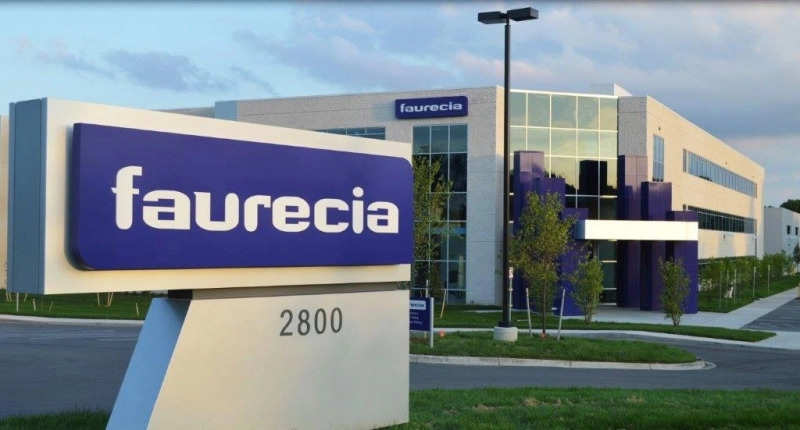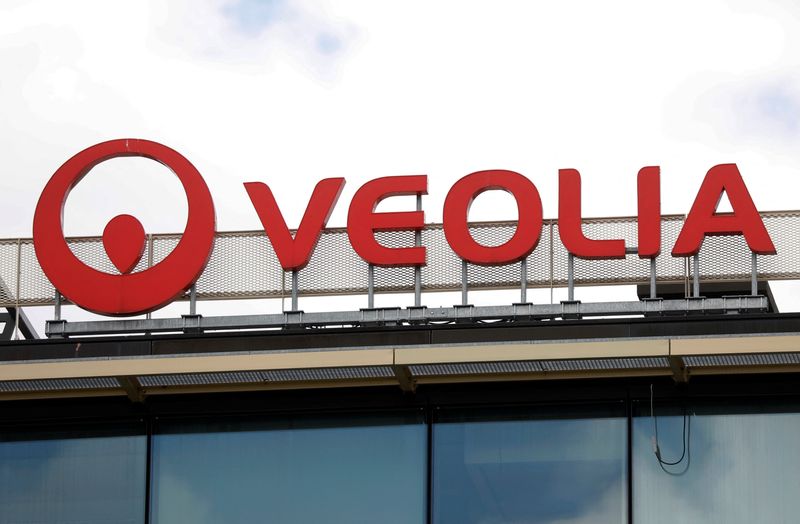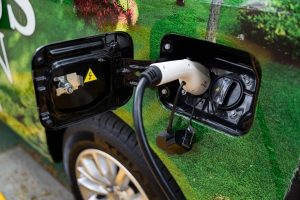
Faurecia Announces Cooperation Agreement with Veolia to Use Recycled Materials for Vehicle Manufacturing

Sustainable mobility is not only limited to aspects such as the electrification of vehicles, but the materials used to manufacture them are also a fundamental part of reducing emissions and making the way in which people move around more efficient.
In this context, Faurecia, the automotive supplier and producer of car parts and interiors, which also uses advanced emission control technology, announced a cooperation agreement with Veolia to intensify the use of recycled materials in car interiors.
Veolia is a French multinational company with activities in three main areas: water management, waste management and energy services.
Plastic and its derivatives have become an enemy of the environment, so Faurecia, through innovations, has combated this pollutant.
For example, in 2011, the entity was the first automotive supplier to introduce a full range of biocomposite cockpit solutions with NAFILean®. More than a decade later and in around 13 million vehicles, the CO2 footprint of these products is 28% lower than that of their conventional all-plastic equivalents.
For its part, Veolia has been supplying polypropylene compounds to the automotive industry in France for more than 5 years. This partnership project with Faurecia will enable Veolia to extend its range of automotive products to vehicle interiors.
Partnership Details
Through the partnership, Faurecia and Veolio will accelerate the deployment of innovative sustainable interior solutions implemented in instrument panels, door panels and center consoles.
The agreement between the two French-based companies includes a Research to jointly develop innovative composites for automotive interior modules, with the goal of reaching an average of 30% recycled content by 2025.
Veolia is scheduled to start production of these secondary raw materials at its existing recycling plants in France from 2023.

Faurecia CEO Patricio Koller stressed that the agreement will greatly contribute to the company’s strategy towards CO2 neutrality by Scope 3, based on the principles of using less, using better and using longer.
“By combining our industrial and innovation strengths with Veolia, we will accelerate the introduction of innovative sustainable materials and their time to market, as well as contribute to reducing plastic waste and strengthening the circular economy,” he added.
For Veolia COO Estelle Brachlianoff, as the demand for recycled plastic increases across all sectors in the context of resource scarcity, there is a need to recycle more plastic waste streams.
She emphasized that the collaboration with Faurecia will enable them to increase the supply of secondary raw materials to the automotive industry by developing high value-added composites.
“These sustainable interior solutions will also contribute to sustainable mobility, which is at the heart of the green transformation. Active alongside the entire recycling value chain, Veolia is increasing its plastic recycling capabilities with continued investment in the industrialization and expansion of our existing recycling sites in France and around the world, with the goal of reaching a turnover of €1 billion by 2025,” concluded Brachlianoff.





